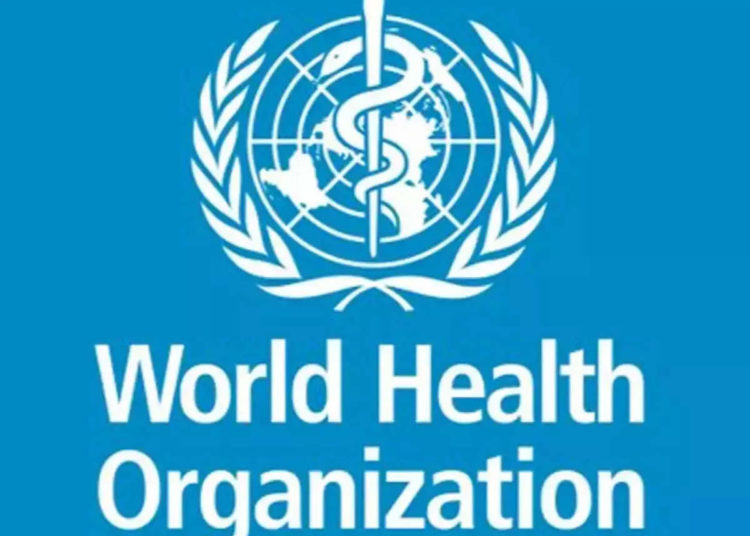The World Health Organization (WHO) has sounded an alarm regarding the notable increase in recorded cases of dengue infections in 2023 worldwide, signifying a potential high-level threat to public health.
According to the UN health agency’s report released on Friday, over five million dengue infections and 5,000 fatalities due to the disease were documented across the globe in 2023.
Dr. Diana Rojas Alvarez, the WHO Team Lead on Arboviruses, emphasized the critical nature of this threat during a press briefing at the UN headquarters in Geneva, stressing the urgent need for maximum attention.
Alvarez highlighted the necessity for a prompt response from all levels of the UN health agency to assist countries in managing current dengue outbreaks and preparing for the upcoming dengue season.
Dengue, the most prevalent viral infection transmitted by infected mosquitoes, is primarily found in urban areas within tropical and sub-tropical climates.
The escalation in reported dengue cases across numerous countries is attributed to infected mosquitoes proliferating in more regions due to global warming associated with escalating emissions.
Alvarez emphasized the impact of climate change on dengue transmission, citing increased rainfall, humidity, and temperature as influencing factors.
“These mosquitoes are highly sensitive to temperature changes,” she explained.
While the majority of those infected with dengue are asymptomatic and recover within one to two weeks, severe cases may present shock, severe bleeding, or organ impairment, according to WHO.
The organization cautioned that these critical symptoms often manifest after the subsiding of the initial fever, catching caregivers and medical professionals off guard.
Warning signs include intense abdominal pain, persistent vomiting, bleeding gums, fluid accumulation, lethargy, restlessness, and liver enlargement.
Given the absence of a specific treatment for dengue, WHO stressed the crucial importance of early detection and access to proper medical care to reduce the likelihood of death due to severe dengue.
“Since the beginning of this year, over five million cases and about 5,000 deaths due to dengue have been reported worldwide, with nearly 80 per cent of those cases reported in the Americas, followed by Southeast Asia and the Western Pacific,” Alvarez stated.
The organization also expressed concern about dengue outbreaks occurring in vulnerable and conflict-affected countries in the eastern Mediterranean region, such as Afghanistan, Pakistan, Sudan, Somalia, and Yemen.
WHO attributed the global shift in mosquito prevalence in recent years to the 2023 El Niño phenomenon, which intensified the impact of rising global temperatures and climate change. (NAN)





